For complex industrial automation that demands high-performance control and data collection, SCADA is your go-to system. However, if the focus is on managing and optimizing production processes, ensuring compliance, and integrating with existing IT infrastructure like ERP, MES proves superior.

Key Differences Between SCADA and MES
- SCADA fundamentally controls and monitors industrial plant mechanisms, whereas MES manages and optimizes production processes.
- While SCADA is traditionally implemented in sectors like energy, oil & gas, and water control, MES primarily finds usage in manufacturing environments.
- Cybersecurity poses a challenge in SCADA systems. On the other hand, MES systems prioritize data protection and ensure smooth integration with existing IT frameworks.
- SCADA systems are seen progressing towards 5G networks, edge computing, and AI, while MES platforms continue to stress on real-time tracking, automation, and seamless interplay with other systems such as ERP, PLC, etc.
| Comparison | SCADA | MES |
|---|---|---|
| Function | Monitors, controls plant or equipment at the supervisory level | Tracks, documents transformation of raw materials into finished goods |
| Industries Used | Industrial plants, water waste control, energy, oil gas refining, transportation, telecom | Manufacturing, food, beverage, pharmaceuticals |
| Components | RTU, sensors, control relays, master units, communication channels | Manufacturing processes, personnel, machines, support services |
| Data Collection | Discrete and analog sensors | Real-time information, data capture for regulated industries |
| Control Mechanism | SCADA field devices (RTUs or PLCs) | Intermediary system between ERP and SCADA |
| Future Developments | Inclusion of 5G networks, quantum computing, AI, machine learning | Increased use of industrial automation; global market projected to generate revenue of $18.06 billion by 2025 |
| Issues | Cybersecurity concerns | High cost of implementation ($375,000 – $1.2 million) |
| Scalability | Modern SCADA is scalable and interoperable | MES systems provide real-time tracking of inventory, resources |
What Is SCADA and Who’s It For?
SCADA, Supervisory Control and Data Acquisition, is an advanced computer application utilized for the monitoring and controlling of equipment at the supervisory level. The system centralizes these functions for complete network control. It is primarily designed for industries that demand complex process automation and trend measurement over time, such as industrial plants, energy, oil and gas refining, transportation, and telecom sectors.
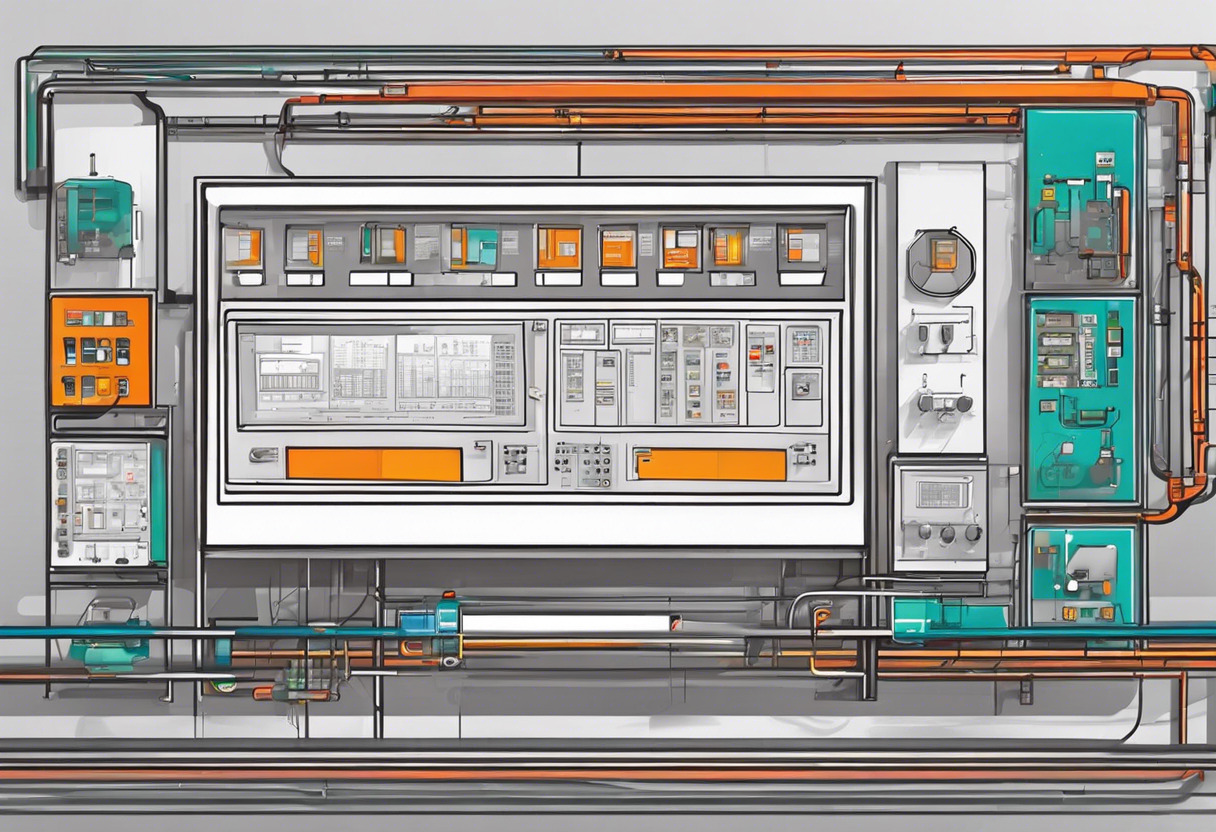
Pros of SCADA
- Automates complex industrial processes
- Detects and corrects problems
- Measures trends over time
- Improves accessibility to data and controls
Cons of SCADA
- Cybersecurity concerns with more connected systems
- Legacy SCADA systems have limited options for support
What Is Manufacturing Execution Systems (MES) and Who’s It For?
Manufacturing Execution Systems (MES) is a computerized data-tracking technology largely employed in the manufacturing sector. Its purpose is to meticulously document the transformation of raw materials into finished goods. The MES technology is a salient tool for decision-making and production output enhancement in industries dealing with regulated production processes, such as food, beverages, or pharmaceuticals. It fills the gap between the Enterprise Resource Planning (ERP) system and a Supervisory Control and Data Acquisition (SCADA) system or process control system.
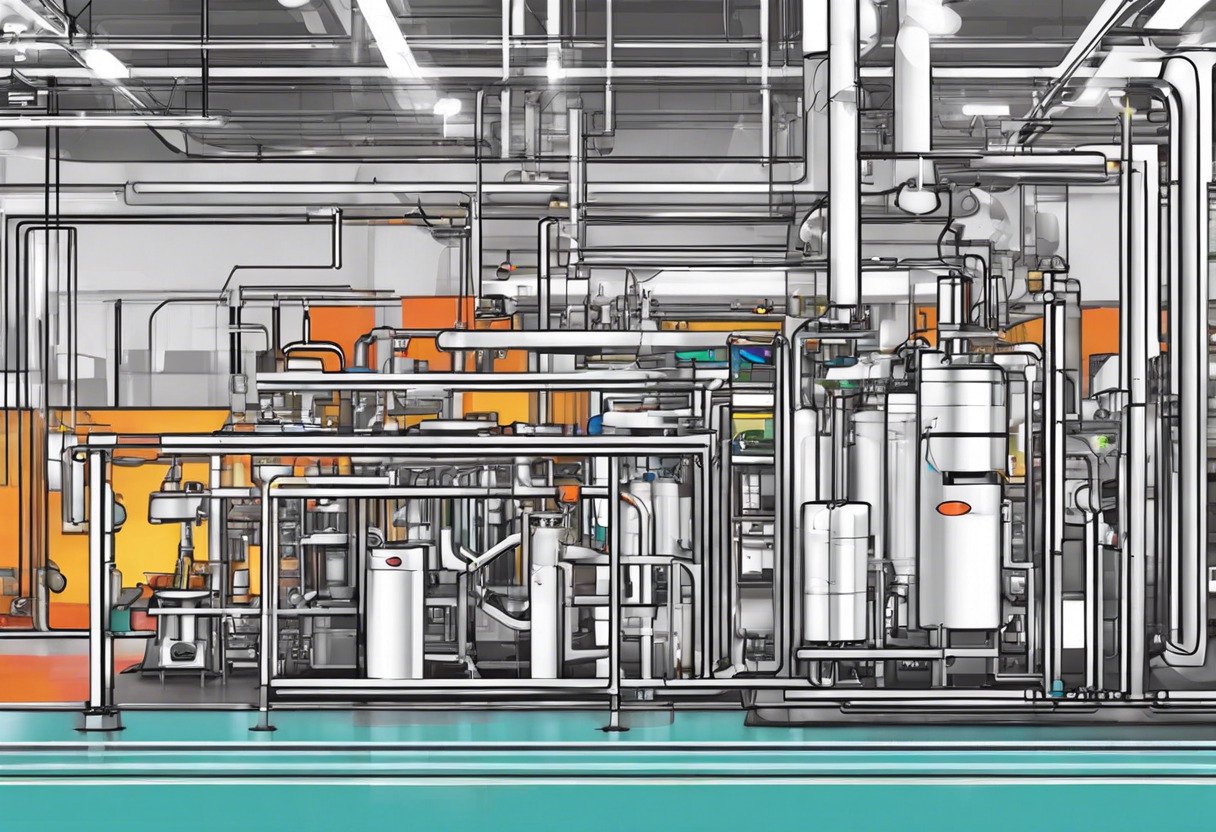
Pros of Manufacturing Execution Systems (MES)
- Real-time information for improved decision-making
- Increased uptime and reduces waste
- Provides an ‘as-built’ record crucial for regulated industries
Cons of Manufacturing Execution Systems (MES)
- High cost of implementation ranging from $375,000 – $1.2 million
- Requires integration with multiple systems for optimal performance
The Final Verdict: SCADA or MES?
SCADA and MES, two essentials in the technology world. One monitors, the other automates. But which should hold dominion? Let’s explore.
Industrial Heavyweight Corporations
In the face-off between SCADA vs MES, industrial mammoths would do well to lean towards SCADA. The capabilities in supervisory control, automatic detection and correction of problems play a pivotal role in ensuring maximum operational efficiency. Not to mention, deploying SCADA for quantum computing, artificial intelligence, and machine learning immortalizes it as a future-forward solution.
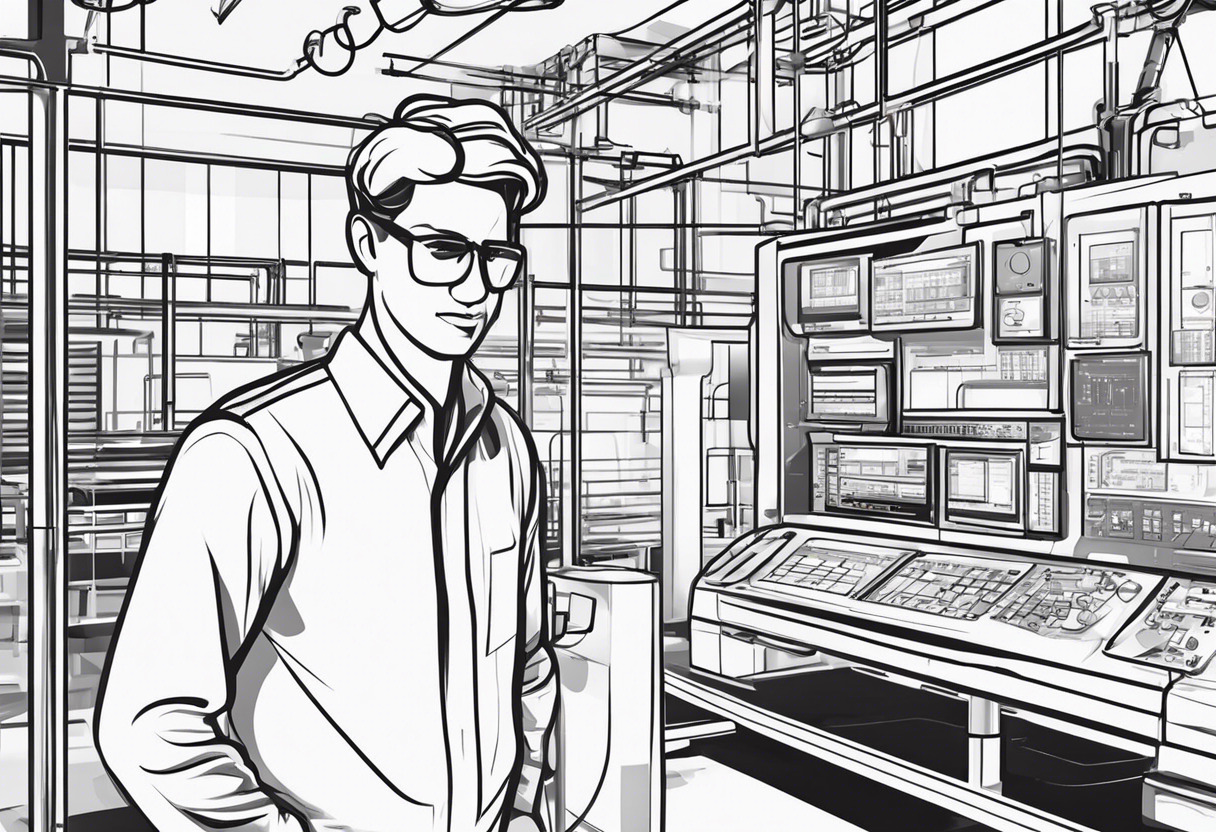
Production-oriented Enterprises
MES makes the cut for businesses encapsulating production processes. The system’s distinctive prowess in embodying the transformation of raw materials into finished goods, its unique data capturing abilities underscore its supremacy in production-intensive industries.
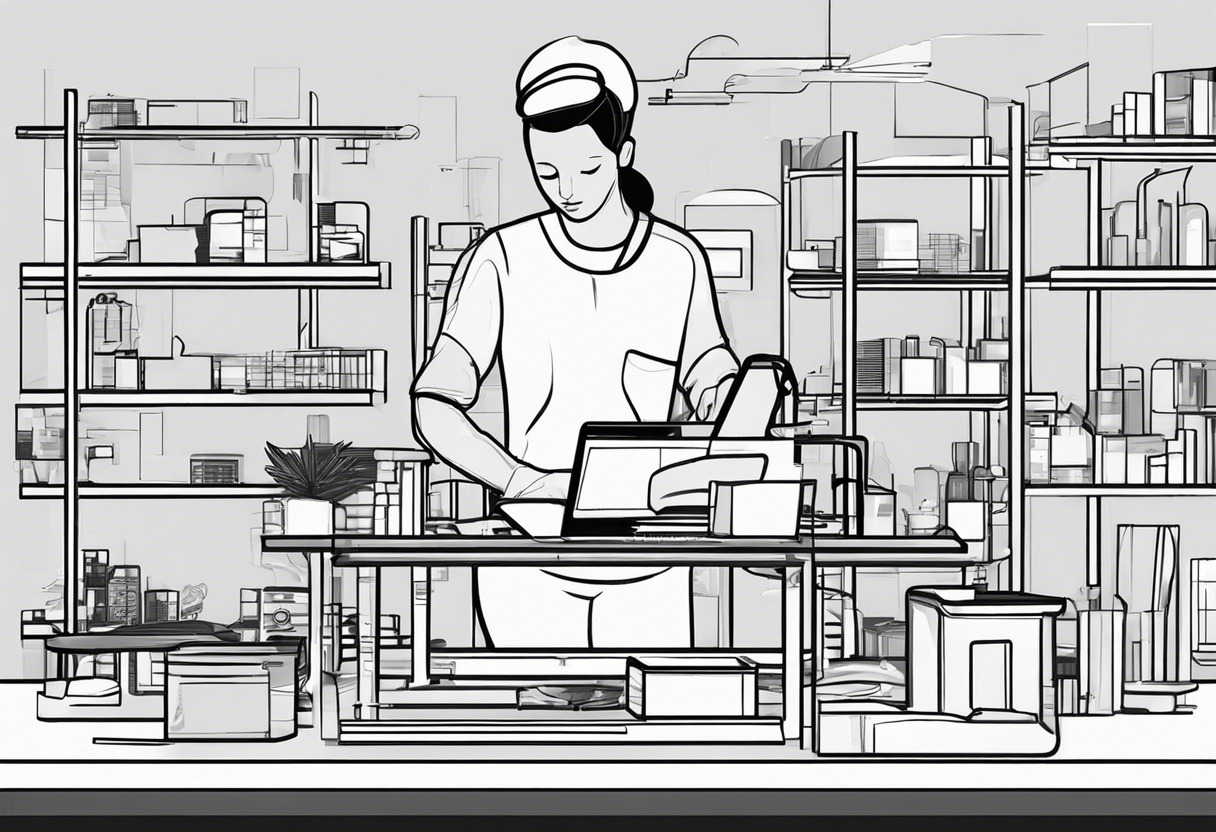
Small-scale technological fintechs
For businesses with limited operations and constrained budgets, the SCADA system makes more sense. It’s less exorbitant and yields optimal results in supervising and automating processes. It may lack the advanced production management features of MES, but its cybersecurity and control functions fashion it the preferred choice.
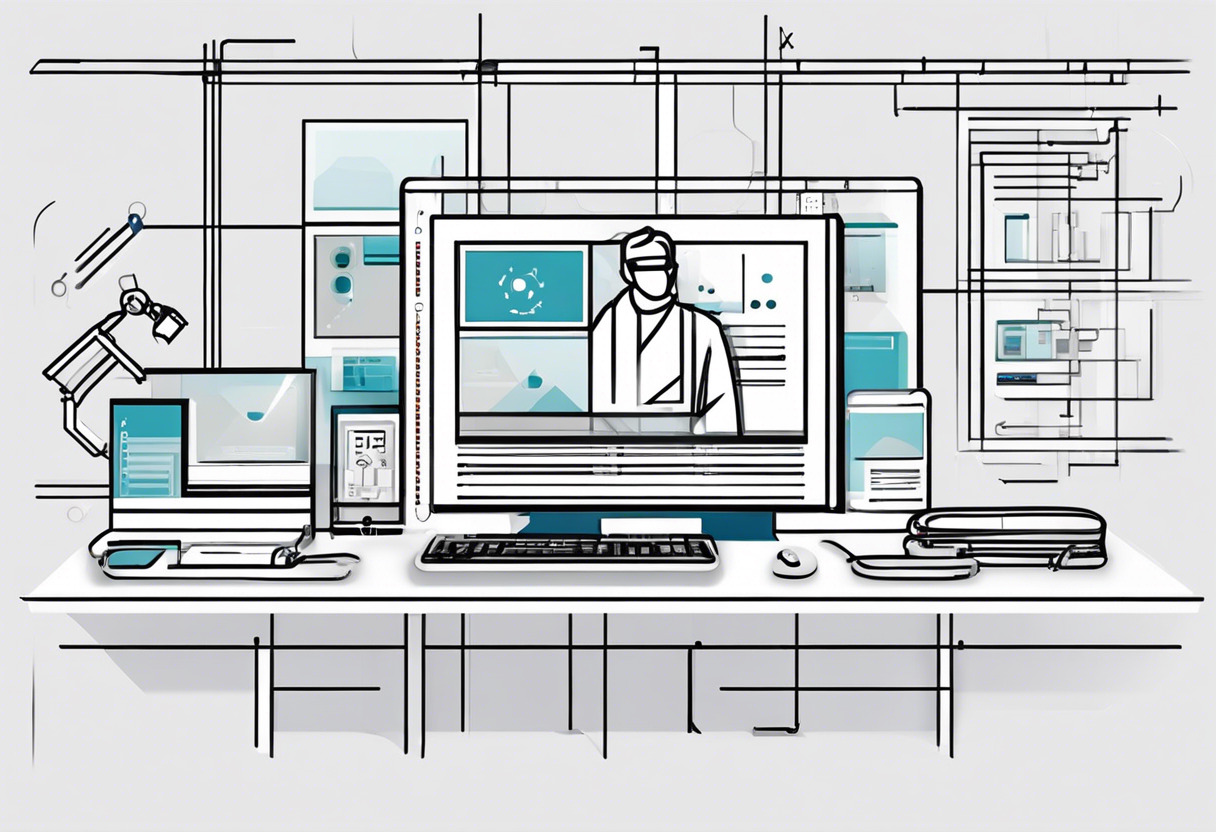
Manufacturing industries seeking compliance
For manufacturing entities desperate for compliance, the MES system wins hands down. Its techniques in tracking work-in-progress inventory, real-time updating of process plans, and maintaining production history make it indispensable for regulatory-compliant manufacturing industries.
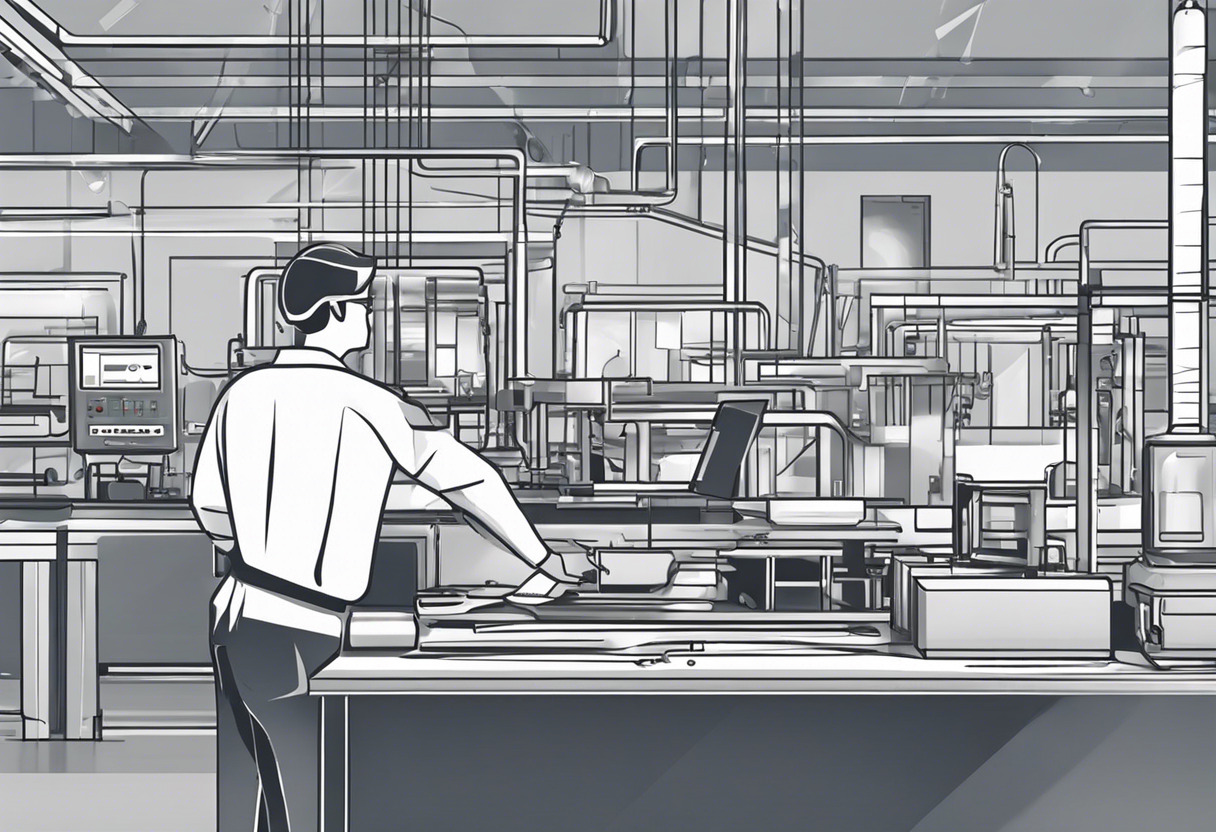
In a nutshell, while SCADA excels in monitoring and automating, MES stands unrivaled in production management and compliance adherence. Pick according to needs, bearing costs, features, and demands in mind.
Hannah Stewart
Content writer @ Aircada, tech enthusiast, metaverse explorer, and coffee addict. Weaving stories in digital realms.





